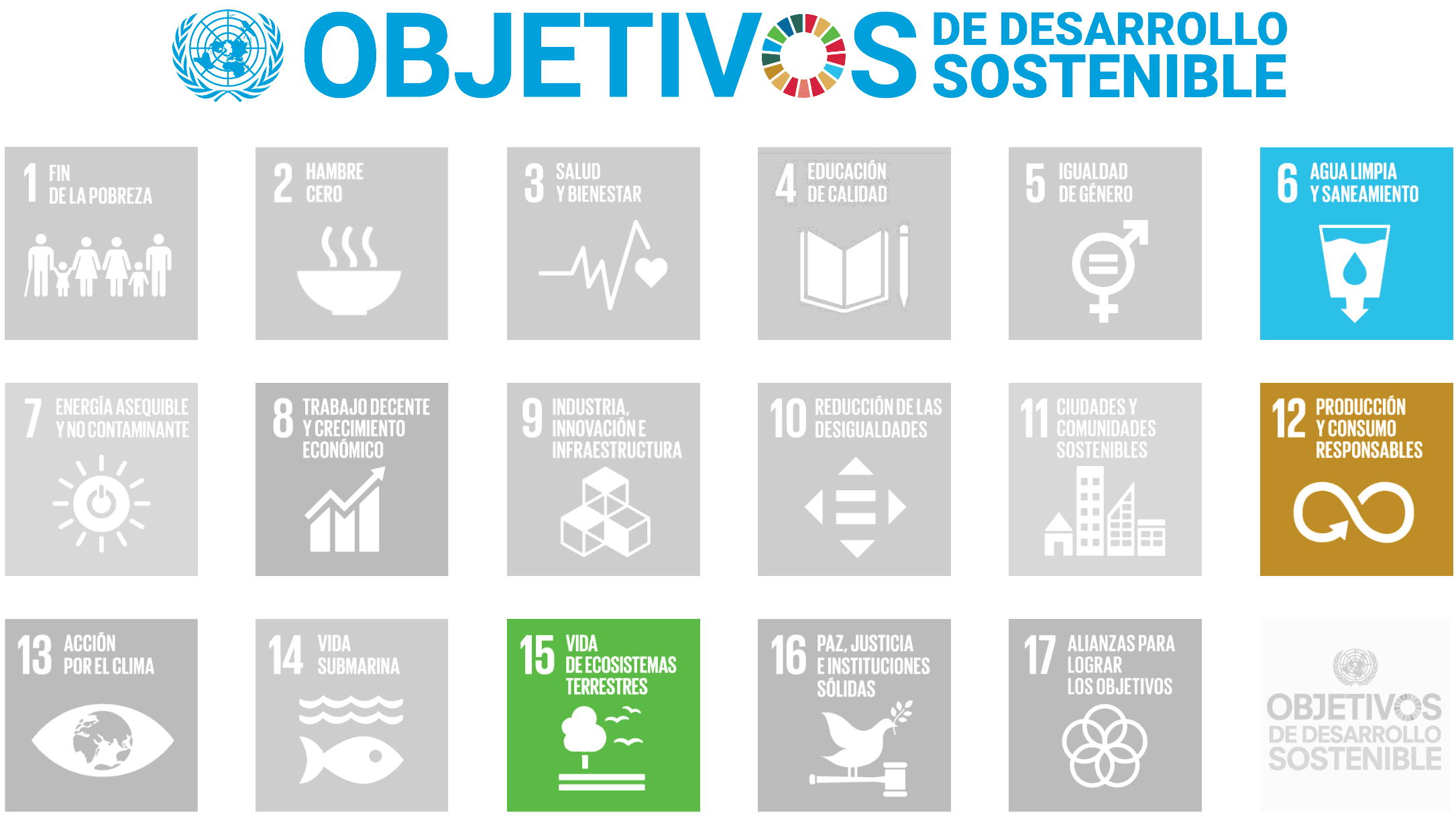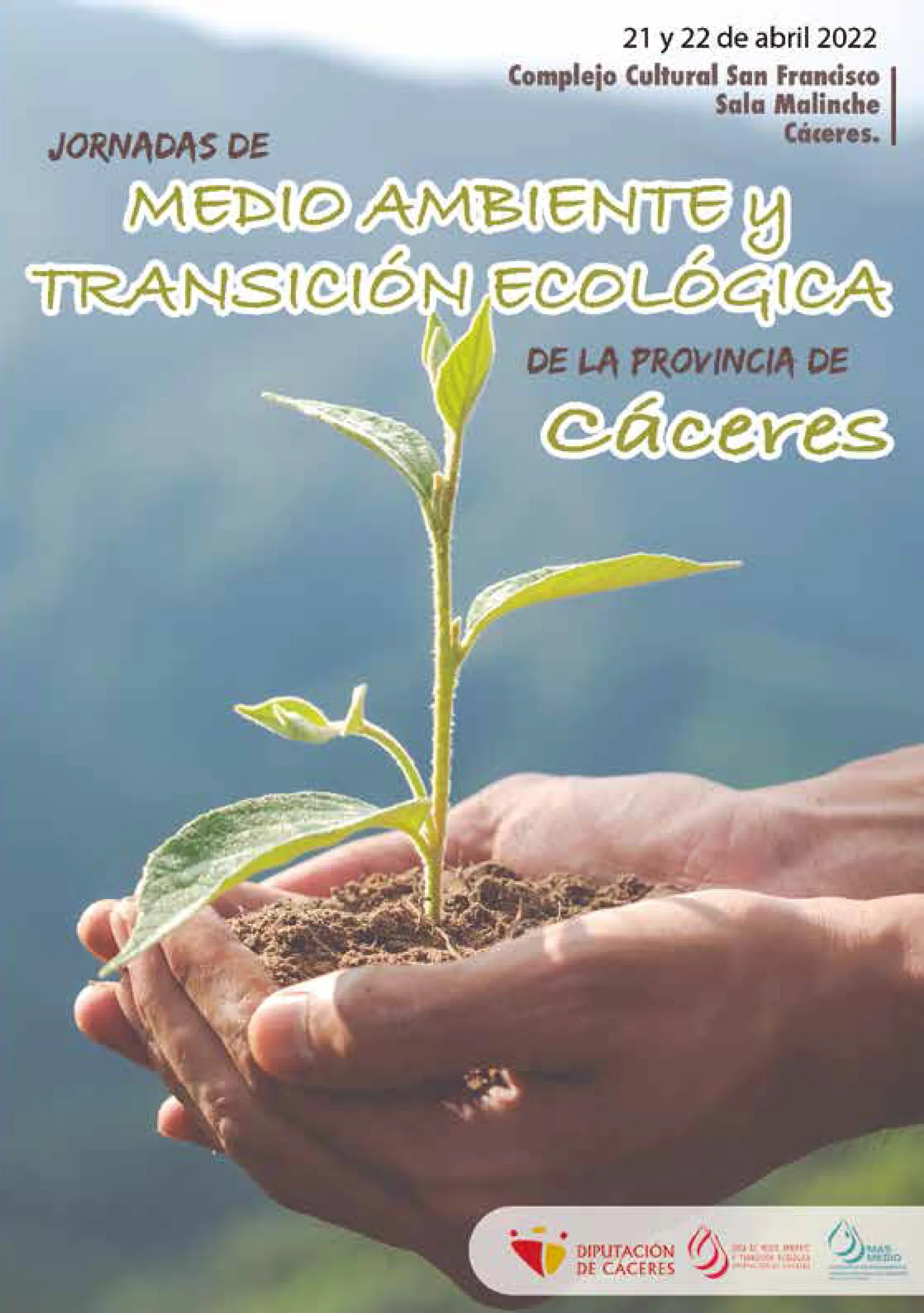Education and environment
Education and environmental awareness
We carry out educational and environmental awareness activities in order to provide knowledge on new consumption habits that have a positive impact on the environment and promote that knowledge from childhood and adolescence. We want to educate in values and we do so by planning different activities and campaigns.
Our main goal is to work in schools through the dynamics of inquiry and cooperation, providing information on potable water supply management, wastewater management, and municipal urban waste management — promoting recycling and waste reduction.
Thus, environmental education and awareness activities aimed at students and other groups are some of the tasks that the Consortium assumes as part of the ecological transition process in the Province of Cáceres.
Water management cycle workshops
- Get to know the phases of the Water Management Cycle: catchment, purification, supply, sewerage, and treatment.
- Learn about the drinking water treatment processes that are carried out at water treatment stations, as well as the importance of said treatment processes.
- Encourage consumption of tap water.
- Encourage students to acquire sustainable habits regarding the use of water.
- Rational and appropriate use, as well as how to avoid water pollution.
- Raise awareness of the effects that our daily lives have on the environment.
- Promote the motivation of students for the conservation of the environment.
Workshops on municipal solid waste
- Identify the various pieces of household waste generated in daily life (plastic, paper, cardboard, organic waste, etc.).
- Recognize and properly use the different types of trash bins and promote students’ motivation for taking care of the environment.
- Promote good recycling practices.
- Get to know the “5 Rs” of recycling. Develop responsible consumption, waste reduction, and recycling habits.
- Get to know what a special waste / recycling center is and the waste that can be deposited there.
- Recognize recycling icons and symbols on products and packaging.
Implementation of the 2030 Agenda
The different actions promoted, which are aligned with the 2030 Agenda and the Sustainable Development Goals (SDGs), aim to make the population reflect on the current development model and on the keys to moving towards another model in which human behavior has a lesser impact on the environment. Thus, through the different activities, the following SDGs will be touched upon with the students:

Cursos, Formación y Jornadas

Jornadas sobre “Gestión del Ciclo del Agua, legislación ambiental y futuros retos en el medio rural”
Se celebraron los días 21 y 22 de abril de 2022 en el Complejo Cultural san Francisco en Cáceres. En este encuentro se dieron cita los diferentes actores implicados en la gestión de servicio medioambientales, administración, empresas y ciudadanía en general, con una especial atención a alcaldesas y alcaldes, como actores fundamentales para conseguir una transición ecológica en la provincia.
Además, participaron representantes de las principales administraciones y actores relacionados con el sector, como son las Confederaciones Hidrográficas del Tajo y Guadiana, la Junta de Extremadura, la Agencia del Agua de Castilla la Mancha, la Diputación de Badajoz, IDAE, AEOPAS Y ECOEMBES, además de empresas del sector, que mostrarán sus trabajos y proyectos de desarrollo empresarial.
La temática de las Jornadas versó sobre dos ejes fundamentales:
- Aspectos relacionados con la gestión del ciclo integral del agua y sus retos futuros, como es la digitalización del sector, la reducción de consumos, el desarrollo de la depuración de aguas residuales en la provincia y la relación entre los diferentes actores implicados en su gestión y preservación.
- Aspectos relacionados con la legislación ambiental y las competencias de las administraciones locales, su relación con la gestión supramunicipal ofrecida por los consorcios provinciales y otros aspectos legales relacionados con la gestión de servicios medioambientales, de especial interés para alcaldes y alcaldesas de la provincia.
